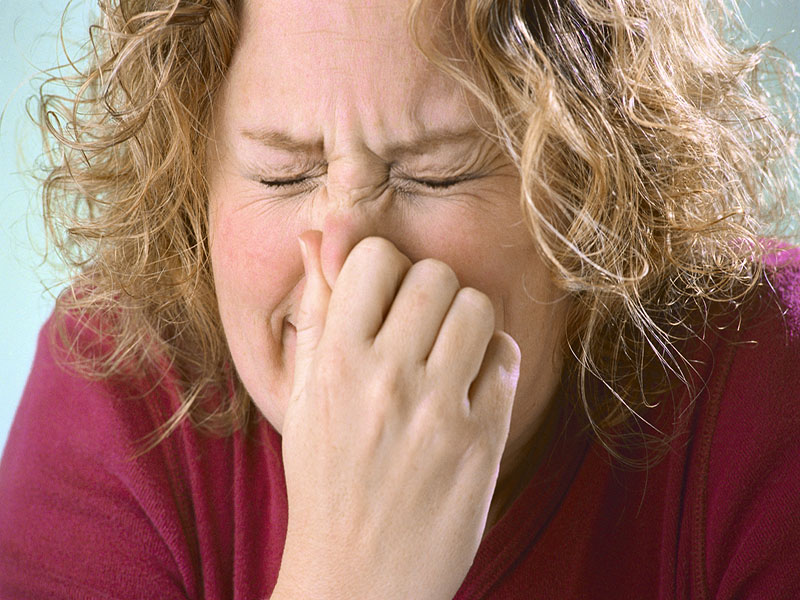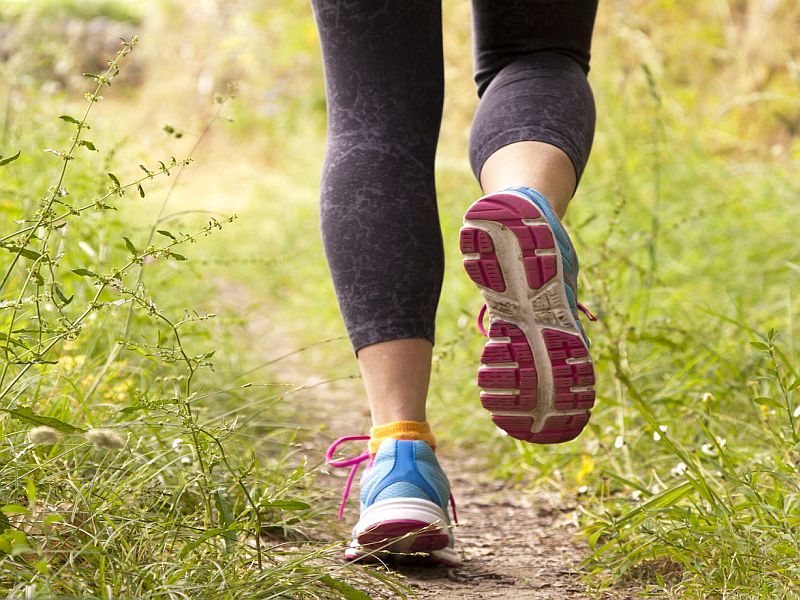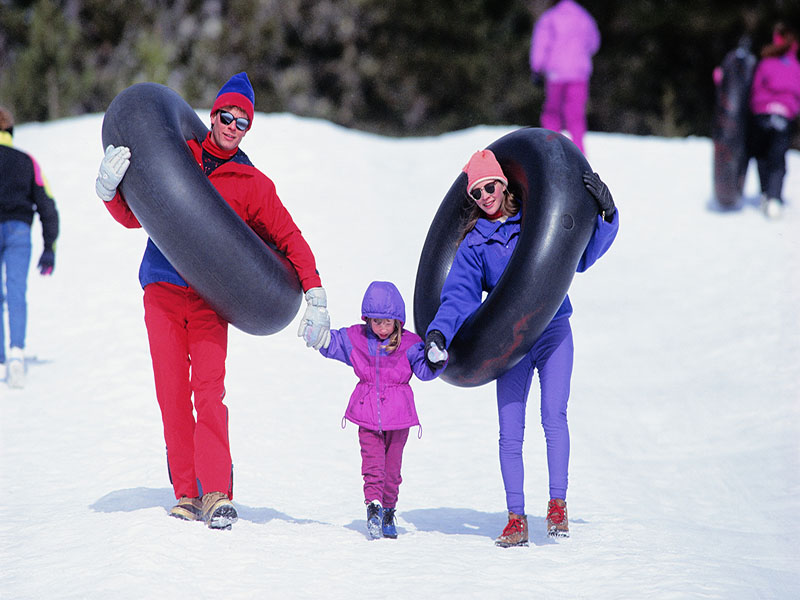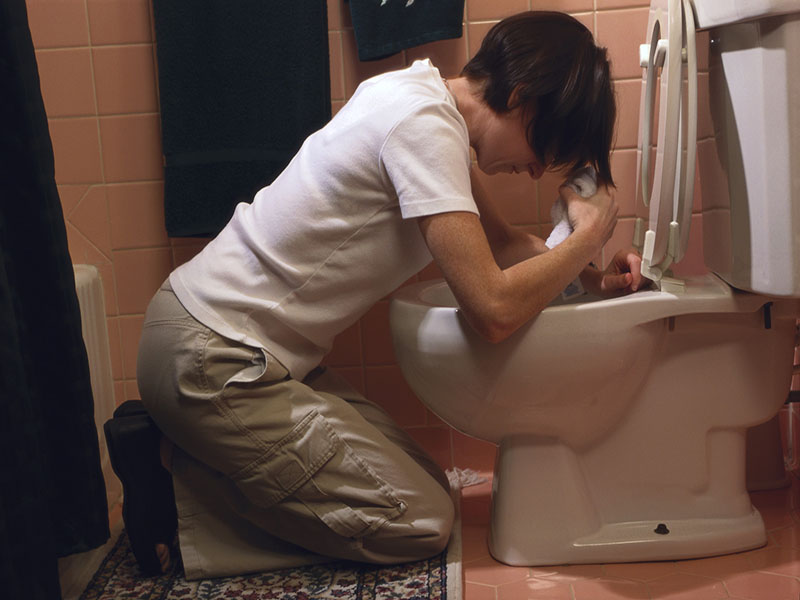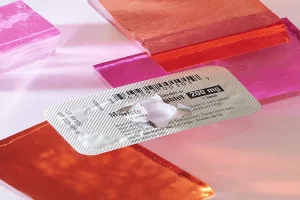
Winter storms are a fact of life in many cold climates. And if conditions are bad enough, the safest place is probably your home. The National Weather Service suggests what to do if you’re stuck inside: If using a fireplace or wood stove, make sure these devices are properly vented. If you have a gas… read on >










